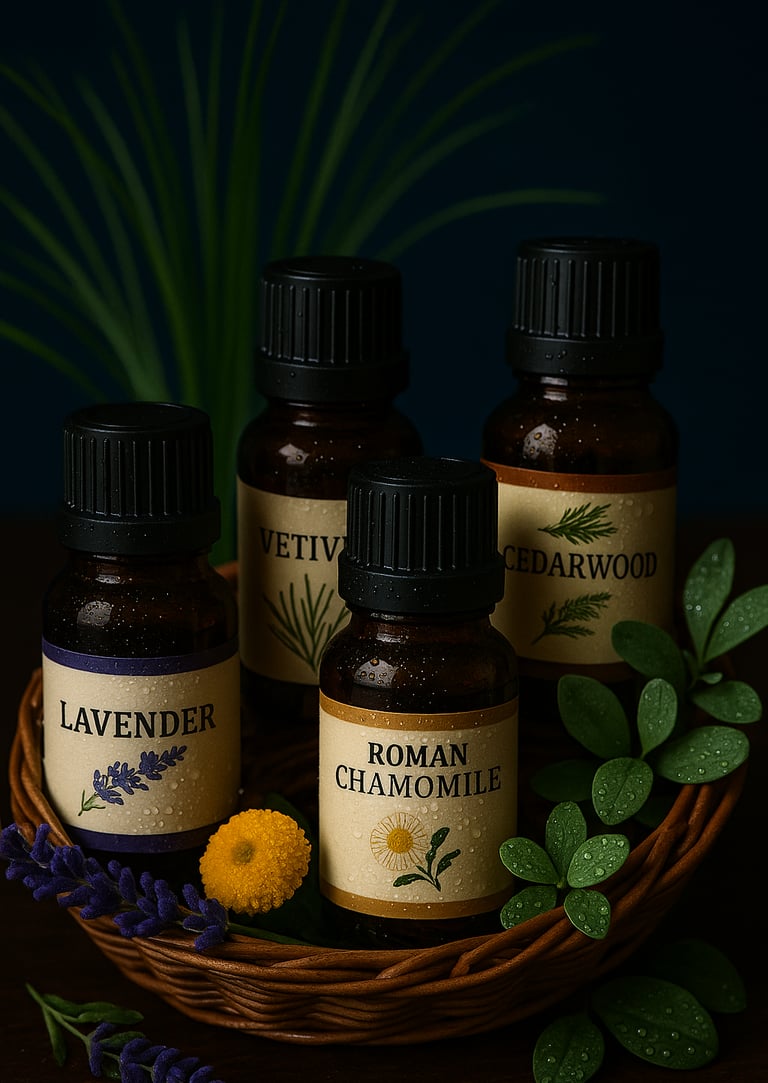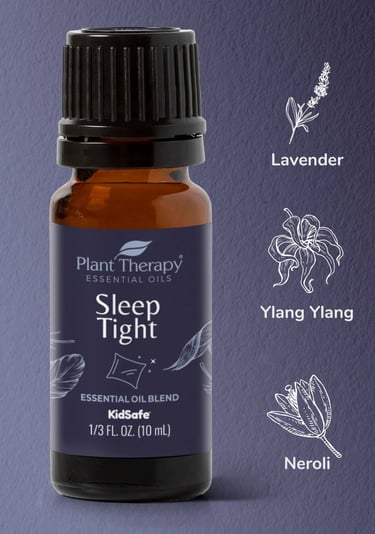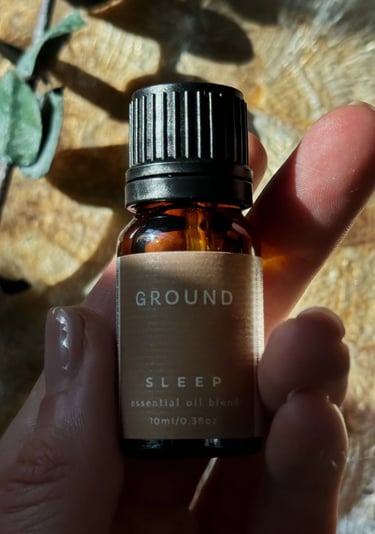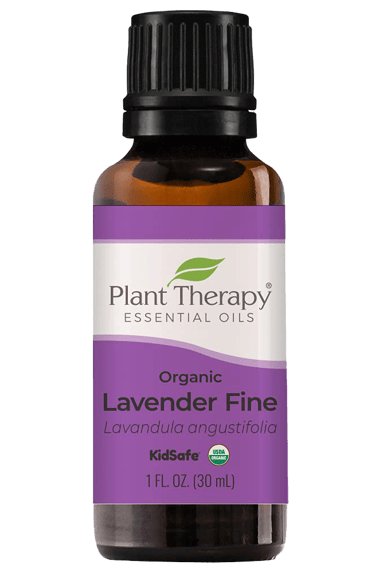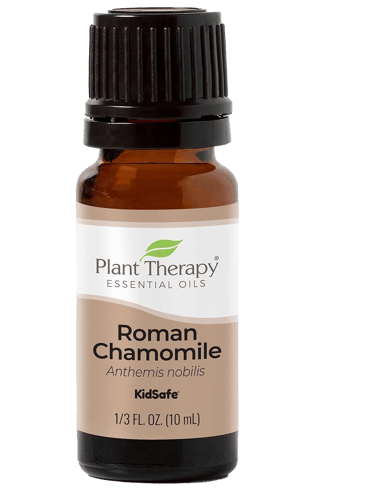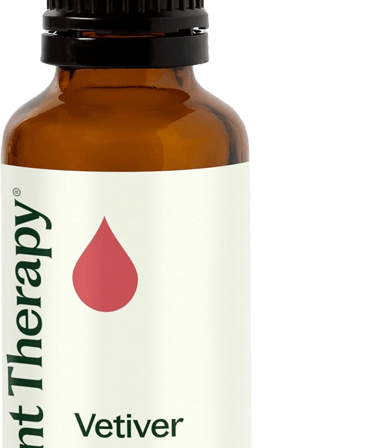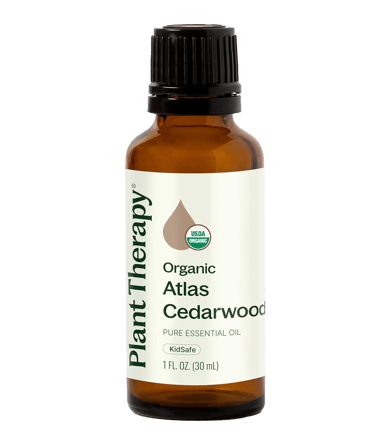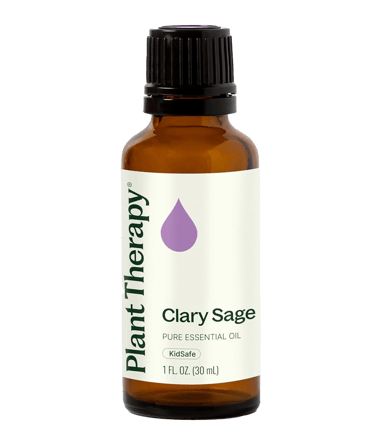Top 5 Essential Oils For Better Sleep
Struggling to sleep after screen time? Discover how essential oils like lavender and vetiver help improve sleep quality naturally.
ESSENTIAL OIL REVIEWS
6/22/20254 min read

1. Lavender (Lavandula angustifolia)
The gold standard for sleep. Lavender has been clinically shown to slow down the nervous system and promote deeper stages of sleep. Its calming floral scent reduces anxiety and restlessness, making it ideal for pre-bedtime use.
How to use: Diffuse 3–5 drops 30 minutes before bed or place 1–2 drops on your pillow.
2. Roman Chamomile (Chamaemelum nobile)
Known for its gentle, apple-like aroma, Roman chamomile has mild sedative properties. It helps quiet racing thoughts and soften emotional tension.
Best for: People with anxiety-induced insomnia or those who wake up frequently during the night.
3. Cedarwood (Cedrus atlantica)
Cedarwood has a grounding, earthy aroma that slows brain activity and encourages a deep, steady sleep. It contains a natural compound called cedrol, known for its sedative effects.
Pro tip: Blend cedarwood with lavender or frankincense for a rich nighttime diffuser mix.
4. Clary Sage (Salvia sclarea)
This oil is particularly helpful for women, as it not only promotes sleep but also supports hormonal balance and emotional clarity. Its slightly herbal, nutty aroma can be surprisingly soothing.
Best used in: A nighttime bath — 5 drops mixed with a carrier oil added to warm water.
5. Vetiver (Vetiveria zizanioides)
Thick, smoky, and grounding — vetiver is ideal for overthinkers. It slows down overactive thoughts and provides a strong sense of stillness. Not everyone loves its earthy scent on its own, so it's often blended.
Try this blend: 2 drops vetiver + 3 drops lavender + 1 drop bergamot in a diffuser.
1. Lavender (Lavandula angustifolia)
The gold standard for sleep. Lavender has been clinically shown to slow down the nervous system and promote deeper stages of sleep. Its calming floral scent reduces anxiety and restlessness, making it ideal for pre-bedtime use.
How to use: Diffuse 3–5 drops 30 minutes before bed or place 1–2 drops on your pillow.
2. Roman Chamomile (Chamaemelum nobile)
Cedarwood has a grounding, earthy aroma that slows brain activity and encourages a deep, steady sleep. It contains a natural compound called cedrol, known for its sedative effects.
Pro tip: Blend cedarwood with lavender or frankincense for a rich nighttime diffuser mix.
3. Cedarwood (Cedrus atlantica)
Cedarwood has a grounding, earthy aroma that slows brain activity and encourages a deep, steady sleep. It contains a natural compound called cedrol, known for its sedative effects.
Pro tip: Blend cedarwood with lavender or frankincense for a rich nighttime diffuser mix.
4. Clary Sage (Salvia sclarea)
This oil is particularly helpful for women, as it not only promotes sleep but also supports hormonal balance and emotional clarity. Its slightly herbal, nutty aroma can be surprisingly soothing.
Best used in: A nighttime bath — 5 drops mixed with a carrier oil added to warm water.
5. Vetiver (Vetiveria zizanioides)
Thick, smoky, and grounding — vetiver is ideal for overthinkers. It slows down overactive thoughts and provides a strong sense of stillness. Not everyone loves its earthy scent on its own, so it's often blended.
Try this blend: 2 drops vetiver + 3 drops lavender + 1 drop bergamot in a diffuser.
How to Use Essential Oils Safely for Sleep
Diffusion: This is the most popular method. Ultrasonic diffusers release a fine mist of essential oils into the air. Run the diffuser for 15–30 minutes before bed.
Topical Use: Mix a few drops with a carrier oil (like jojoba or sweet almond) and massage onto the neck, shoulders, or soles of the feet.
Pillow Spray: Create your own sleep spray with distilled water, witch hazel, and a blend of your favorite oils.
Bath Soak: A warm bath with diluted essential oils can relax tense muscles and signal your body it's time to sleep.
Important: Never apply undiluted essential oils directly to skin. And if you're pregnant, nursing, or have health conditions, consult a healthcare provider before use.
Pairing Aromatherapy With Sleep Hygiene
Aromatherapy works best when paired with healthy habits:
Dim the lights an hour before bed.
Avoid caffeine after 4 PM.
Put away screens 30–60 minutes before sleep (or use blue-light blockers).
Stick to a routine — consistent sleep and wake times matter.
Keep your room cool and dark for deeper sleep.

